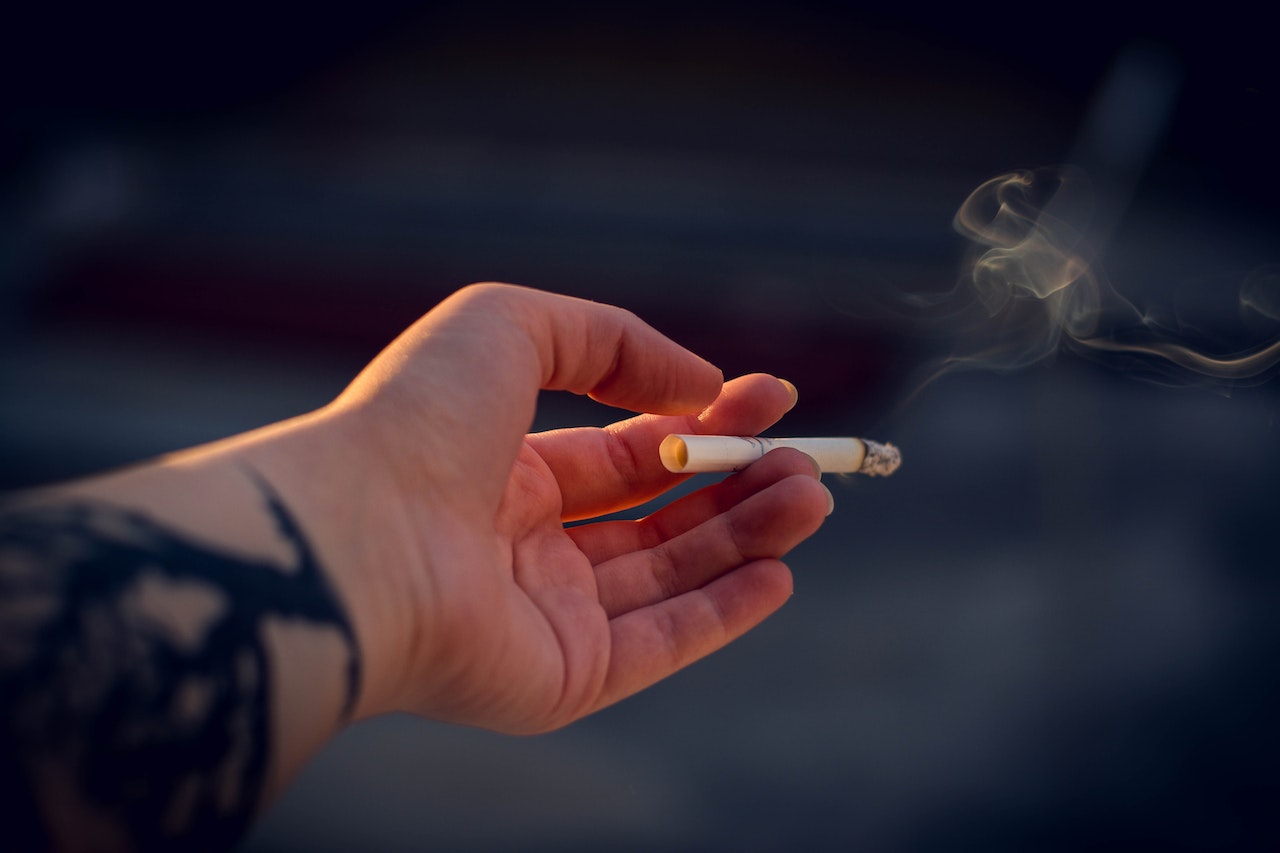India has long had a problem with smoking and the number of people visiting a drug addiction rehab and seeking nicotine patches and the like is forever rising.
The country has the second highest number of smokers at around 90 million, that’s more than the population of the United Kingdom and behind only China when it comes to the volume of smokers.
That’s having a major health impact on the people of the country, with the correlation clear between smoking and the likes of cancer, heart disease and respiratory problems. In the country it kills more than obesity, road accidents, HIV, drug misuse and alcohol related deaths combined and calls have been constant in more needing to be done to try and solve what should certainly be considered a crisis.
And calls are beginning to be actioned, with new technology potentially aiding in people giving up smoking, but it isn’t coming without its resistance.
It follows a similar pattern to what has come before, supplying smokers with the nicotine they crave, but without the smoke. Patches were common in yesteryear, but more and more products such as vapes are now hitting the market and providing people with nicotine without the need of burning tobacco.
That’s down to the fact that technology now allows the production of batteries that are powerful enough to heat the liquid found in vapes, many of which contain pharmaceutical grade nicotine, and allow people to consume the produce of that, without the risk of disease in which tobacco can cause.
Of course, how safe they are is what is being put into question, and unlike most other parts of the world, India is still on the fence about it, banning smoke-free vaping and heated tobacco products back in 2019, meaning Indians who want to quit cigarettes don’t have the opportunity to wean off via low-risk vaping alternatives.
It is an interesting stance by the government, and one that is being considered a poor move by many others around the world, not least because they haven’t completely disappeared from Indian soil, essentially there is now just a black market for vapes, which is less controlled and more likely to contain substances that aren’t pharmaceutically sound.
That could potentially have more of an impact on healthcare in the country, and pressure is now mounting on the government to do something about it.
Vaping has taken off in many other parts of the world and is being considered a safer option, however there needs to be a review in India of it, as the country is being left behind, despite having one of the largest smoking problems on the planet.

